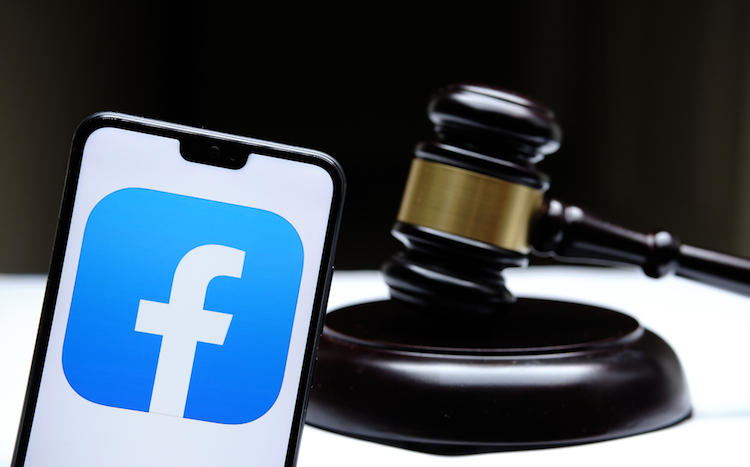Judge criticizes Gibson Dunn and Facebook for alleged effort to 'obstruct and delay' discovery

Image from Shutterstock.
A federal judge wants additional briefing on the type of sanctions that he could consider against Facebook and its law firm Gibson, Dunn & Crutcher in multidistrict litigation alleging privacy violations by the social media platform.
During a Sept. 15 hearing, U.S. District Judge Vince Chhabria of the Northern District of California ordered briefing by Sept. 22 on sanctions for what he described earlier this year as “dilatory discovery conduct.”
Law.com and Law360 have coverage.
Chhabria said during the hearing Facebook and Gibson Dunn would “pounce” on “any little ambiguity” as “part of their effort to obstruct and delay and resist the production of obviously responsive materials,” according to Law.com.
He also said he watched two recorded Facebook depositions, according to Law360. In one deposition, he said, the conduct of a Gibson Dunn lawyer and a Facebook witness was “abominable.” The witness wouldn’t answer basic questions, and the BigLaw lawyer repeatedly advised her not to answer, he said.
Plaintiffs’ lawyers have said the Gibson Dunn lawyer instructed the witness not to answer 22 times.
Law360 noted that Chhabria expressed frustration with a Gibson Dunn lawyer sitting in the gallery.
“The person in the front row who is constantly shaking their head and making facial expressions, it’s very distracting,” he said. “I’m having a hard time listening” to the argument.
The consolidated privacy class actions before Chhabria concerned Cambridge Analytica’s use of Facebook users’ data. Lawyers said they reached an agreement to settle the multidistrict litigation last month, according to past coverage by Law.com and the Guardian.
Chhabria said the settlement shouldn’t derail sanctions.
Lawyers for the plaintiffs are seeking $845,000 in attorney fees. Facebook has argued that Facebook and Gibson Dunn didn’t do anything to warrant sanctions, according to past coverage by Reuters. They accused the plaintiffs of making “unreasonable and incessant” demands for documents.
Hat tip to Original Jurisdiction, which noted the hearing.
Write a letter to the editor, share a story tip or update, or report an error.



